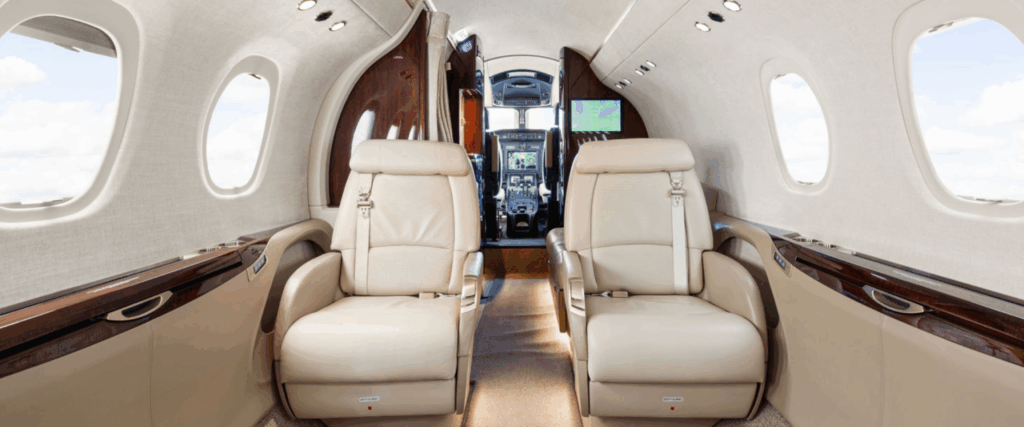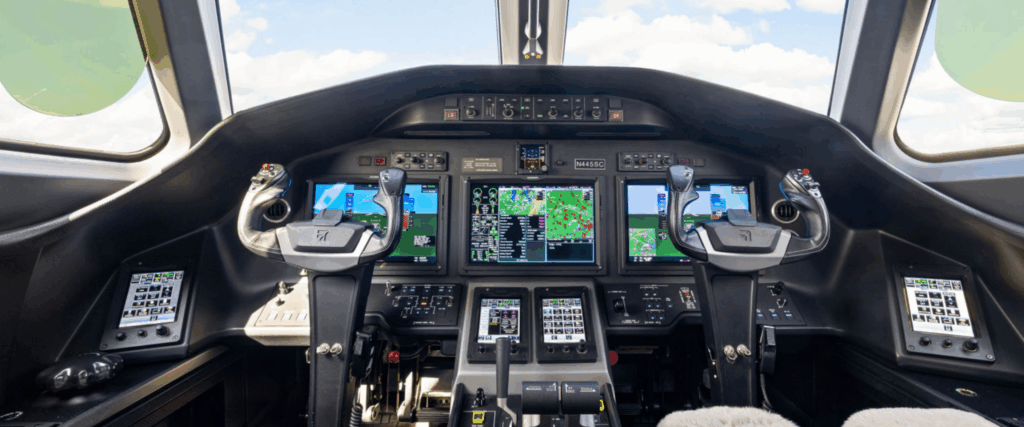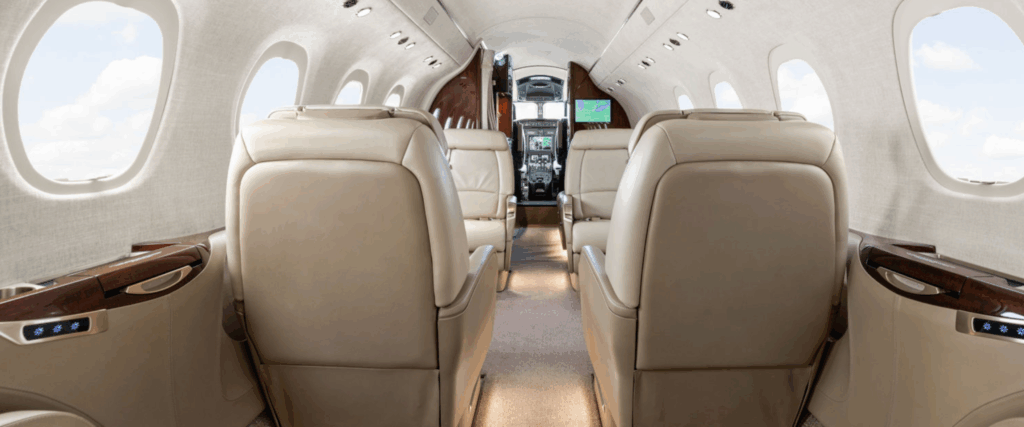For any aircraft owner, the purchase price is just one part of the financial equation. Understanding the factors that determine future aircraft valuation is equally critical for preserving your asset’s value and ensuring a profitable sale down the line. A strong resale value for a private jet can be the difference between a seamless upgrade and a costly financial burden.
Here are seven key factors that every owner should focus on to maintain or increase their aircraft’s value.

1. THE QUALITY AND COMPLETENESS OF MAINTENANCE RECORDS
The aircraft’s logbooks are its biography. A meticulously kept, complete, and accurate record of all maintenance, inspections, and repairs is the single most important factor in determining value.
- What buyers look for: Buyers pay a premium for transparent records that show a history of proper maintenance. Digital logs, such as those from CAMP or similar services, can add a layer of credibility and appeal.
- Why it matters: Missing logs, unexplained gaps, or inconsistent entries are major red flags that can significantly devalue an aircraft or kill a deal entirely.
2. ENGINE AND AIRFRAME HOURS CONDITIONS
Like a car’s mileage, an aircraft’s total flight hours and cycles directly impact its value.
- Engine programs: An aircraft on a comprehensive engine maintenance program (e.g., MSP, TAP, or Corporate Care) will command a higher resale value. These programs protect against major engine expenses and provide buyers with predictable maintenance costs.
- Overhaul status: For engines not on a program, the time remaining until a major overhaul is a critical consideration. An engine nearing its overhaul will require a significant financial adjustment.
3. COMPREHENSIVE DAMAGE HISTORY
While damage history is not always a deal-breaker, how it was managed is crucial.
- Documented repairs: Proper documentation is key. An aircraft that sustained damage but was repaired to manufacturer specifications by an approved repair station with complete records is far more valuable than one with a sketchy repair history.
- Buyer confidence: Clear and complete records reassure the buyer that any past issues were properly addressed and won’t compromise safety or future maintenance.

4. AVIONICS AND CABIN TECHNOLOGY
Technology evolves at a rapid pace, and outdated systems can significantly affect an aircraft’s appeal.
- Cockpit upgrades: Buyers seek fully integrated modern avionics suites that don’t require upgrade and enhance safety and reliability.
- Cabin technology: Modern in-flight entertainment systems, seamless high-speed internet, and other business jet amenities are now expected by many buyers.
5. THE INTERIOR AND EXTERIOR CONDITION
The aesthetic condition of the aircraft makes a powerful first impression and can significantly influence the final sale price.
- Interior: A worn, dated, or customized-to-an-extreme interior may require a full refurbishment, which will be factored into the purchase price. A clean, well-maintained interior with a neutral color palette is a major asset.
- Paint: A fresh, high-quality paint job can add significant value. Conversely, chipped, faded, or peeling paint suggests neglect.
6. WHERE THE AIRCRAFT WAS BASED AND STORED
An aircraft’s operating environment can silently affect its long-term health.
- Coastal vs. desert: An aircraft that spent its life in a dry, desert climate with minimal humidity is typically more desirable than one that has been continuously exposed to the corrosive effects of a coastal environment.
- Hangar vs. ramp: An aircraft that has been hangered throughout its life will show less wear and tear from weather and sun exposure than one left on the ramp.
7. MARKET DEMAND AND ECONOMIC CONDITIONS
While some factors are within an owner’s control, market forces play a significant role in aircraft valuation.
- Economic trends: Overall economic health can influence buyer confidence and demand for private jets.
- Supply and demand: Market values are heavily influenced by the number of comparable aircraft available for business jet sales. When supply is low, sellers can command a higher price.

By paying attention to these seven factors, aircraft owners can maximize their asset’s value and prepare for a successful and profitable resale. At Holstein Aviation, our IADA certified professionals bring decades of transaction experience, real-time market intelligence and global reach. We guide our clients through every step of the process, ensuring confidence and clarity in today’s dynamic environment. If you are buying an aircraft or selling your aircraft, Holstein Aviation is your trusted partner in business aviation.